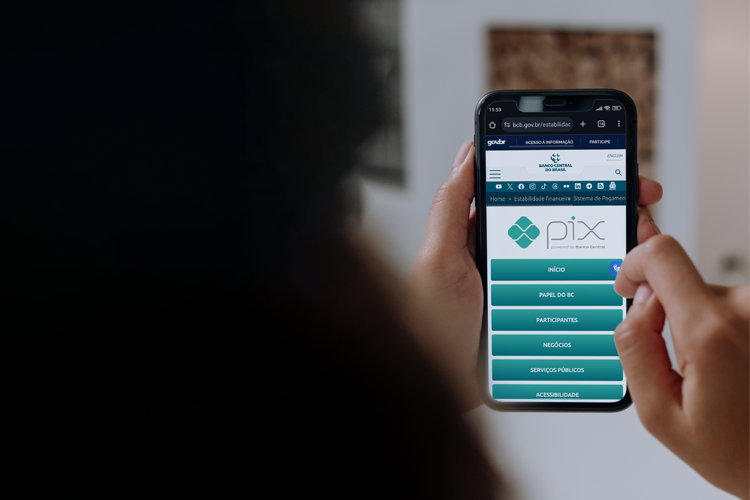

After a series of controversies regarding the monitoring of transactions conducted through Pix, the federal government has issued a new Provisional Measure (PM) solidifying Pix as a tax-exempt payment method and equating it to cash payments. The regulation introduces important guidelines for commerce and consumer protection while reinforcing the role of the Central Bank in overseeing the system.
Tax Exemption for Pix
Following the controversy surrounding the previous PM, the latest measure establishes that no taxes, fees, or contributions will apply to payments made via Pix. This ensures the system remains free of charge, safeguarding consumers from potential abusive charges and misinformation that could create doubts or insecurity about using this payment method.
Abusive Practices and Consumer Protection
Under the new measure, charging additional fees for payments made via Pix for immediate transactions is considered an abusive practice, subjecting violators to penalties under consumer protection laws. Businesses, whether physical or online, must clearly state that charging higher amounts or additional fees for payments through Pix is not allowed.
The National Consumer Secretariat (Senacon) will be responsible for monitoring compliance with this regulation and will provide a digital channel for reporting consumer-related violations.
Guidelines for the Central Bank
The PM assigns the Central Bank of Brazil the responsibility of implementing measures to ensure the privacy of financial data processed through Pix and the Instant Payment System (SPI). These responsibilities include:
- Preventing the identification of users within the system;
- Preserving the public digital infrastructure in a fair and non-discriminatory manner;
- Ensuring the security and availability of the system.
Legislative Process and Context
Provisional Measures have the force of law upon publication but must be approved by the National Congress within 120 days to become permanent laws. Otherwise, they lose their validity. This particular PM was introduced in response to widespread misinformation on social media regarding the alleged taxation of Pix.